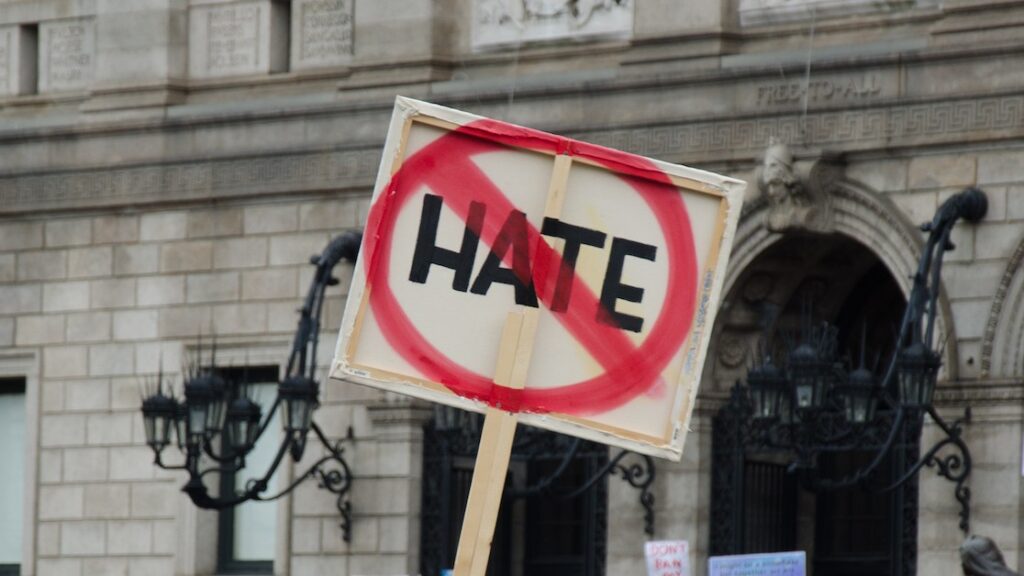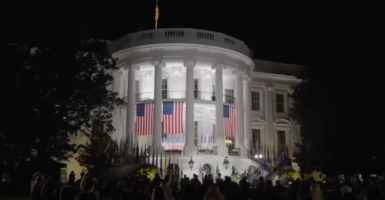LGBTQ Hate Rhetoric Rose 400% Following New Florida School Legislation
A report found that since Florida passed new legislation restricting class discussions on sexual orientation, online hate has risen 400%.

Florida’s new education laws seem to be having a major impact on American culture, driving a divide between liberals and conservatives, and more so LGBTQ+ activists and those against gender ideology in schools. The newly enacted Parental Rights in Education bill, coined by opposers as the Don’t Say Gay law, is feared by opposers to have had a chilling effect across the nation. Now, a new survey might have proven that notion true, depicting how online hate speech targeting the LGBTQ+ community has risen 400% since the legislation was passed.
Whether or not the new legislation meant to or not, it has driven a wedge in communities arguing over the rulings, and possible ramifications, of the law. The Florida law limits classroom discussions on sexual orientation and gender identity, with staunch support from those opposed to any of this type of rhetoric being discussed in schools, and fear and hesitancy from those opposed who fear it is placing targets on the LGBTQ+ community. There have long been debates on these matters, but a new report from The Human Rights Campaign shows how exacerbated online hate speech against the community grew since the law to effect.
The Human Rights Campaign is a nonprofit group that studies and reports on digital hate of various kinds. To measure this massive increase in online hate targeting LGBTQ+ individuals, the organization collected close to a million online Tweets posted between January 1st and July 27th this year that included a mention of LGBTQ along with other keywords like “groomer” and “pedophile.” After the Florida legislation was passed in March, the number of hateful tweets under this search averaged roughly 6,607 a day, up from only 1,307 per day before March.
On March 28th, when Florida’s Gov. Ron DeSantis signed the bill into law, the hashtag #Okgroomer was top trending across Twitter. The report noted that this hashtag was used that day in response to LGBTQ+ educators who were speaking out against the new law. By the next day, the online hate hashtag was being used once every nine seconds.
Over the past year, many teachers have been labeled groomers, simply for having a strict stance on their beliefs that gender identity should be freely expressed in the classroom. Popular social media accounts like Libs Of TikTok, or Gays Against Groomers collect and reshare posts from various social media outlets of alleged educators and their controversial stances. To this, adversaries often share their disdain, calling them pedophiles or groomers for supporting children and their non-traditional sexual orientation or identity.
One of the major acts pushing this online hate rhetoric has centered around drag queens in the LGBTQ community. Garnering negative attention, events were exposed for advertising themselves as kid-friendly as pictures circulated of near-naked drag queens taking money from children in a stripper fashion. In backlash, these types of events fueled the debate that radical activists were pushing sexual agendas on young children, charging the use of words like groomer and pedophile online.

America has varying opinions on culture, values, and public schools. But the big concern with this finding is that online hate rhetoric is igniting widespread discrimination against the LGBTQ+ community as a whole. Whether or not Florida and the “Don’t Say Gay” legislation have truly fanned the flames on this, however, is subjective.



